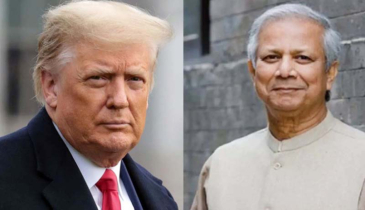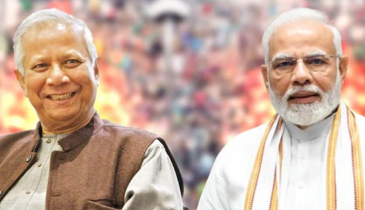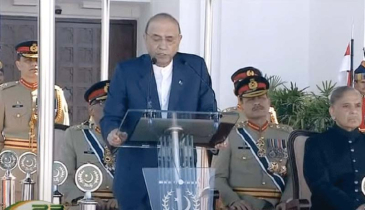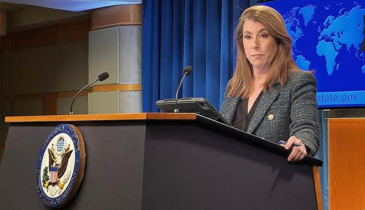Pakistan's president Alvi refuses to sign new national security laws
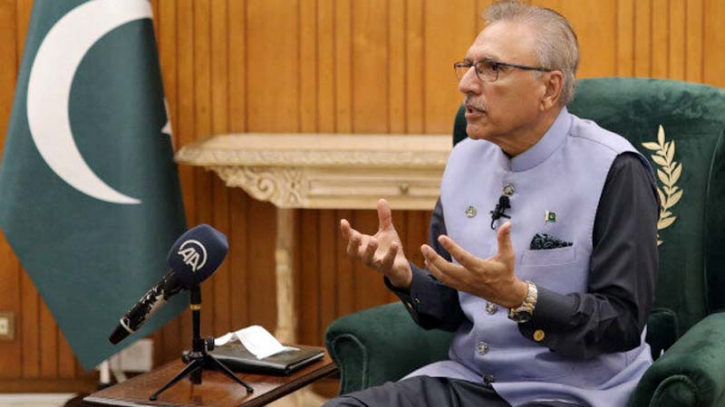
Pakistan's President Arif Alvi made a significant announcement on Sunday, revealing his refusal to endorse two recently passed bills that would augment the authorities' ability to prosecute individuals for offenses against the state and military. The move has been met with a legal dispute, with the Ministry of Law asserting that it is unconstitutional.
Both bills have successfully navigated through both houses of Pakistan's parliament. Nevertheless, President Alvi, a member of the Pakistan Tehreek-e-Insaf (PTI) party led by former Prime Minister Imran Khan, opposes the coalition government responsible for enacting these laws.
Taking to the social media platform X (formerly Twitter), President Alvi expressed his dissent, saying, 'As God is my witness, I did not sign the Official Secrets Amendment Bill 2023 & Pakistan Army Amendment Bill 2023 as I disagreed with these laws.' He further disclosed that he had instructed his staff to return the bills unsigned to the legislature within the prescribed time frame to render them ineffective.
However, President Alvi was disheartened to discover that his staff had not adhered to his directives. This revelation added a layer of complexity to the situation.
In response, the Ministry of Law and Justice expressed deep concern over the President's decision. The ministry clarified that the President has two constitutional options in such a scenario: either provide his assent or refer the matter back to the parliament along with specific observations. The ministry emphasized that President Alvi had not exercised either option. Consequently, they contended that his course of action contradicted the constitution's letter and spirit.
According to the constitution's provisions, if the President neither signs a draft bill nor returns it with observations or objections within ten days after it has traversed both houses of parliament, the bill automatically becomes law. This situation has now raised questions about the legal status of the bills and the broader implications of this presidential refusal.
.png)



